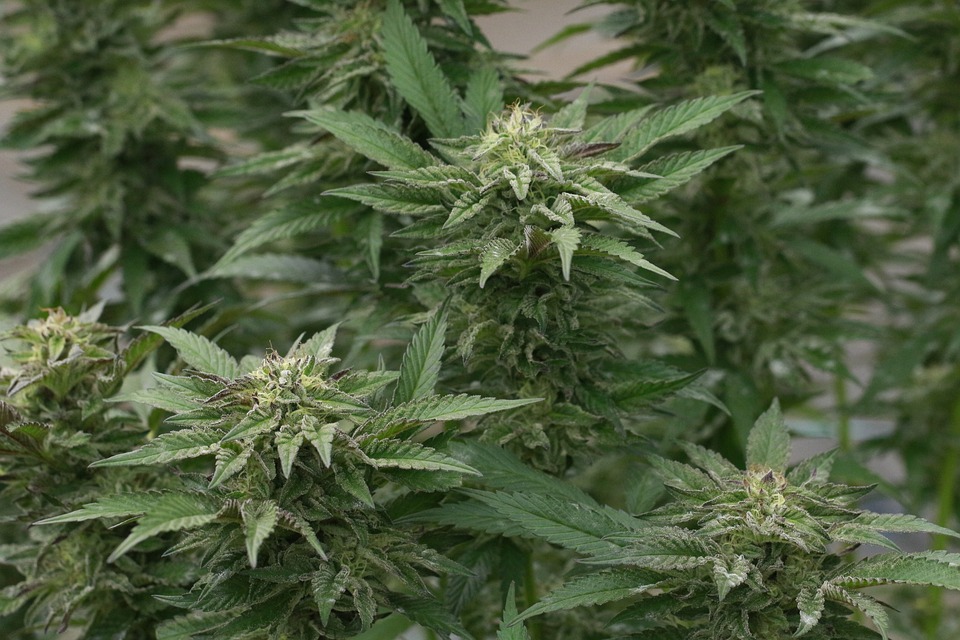Marijuana and Mental Health: Separating Fact from Fiction
Introduction
Marijuana, also known as cannabis, has long been a controversial topic when it comes to its impact on mental health. With the growing trend of legalization and increased use of marijuana, it’s important to separate fact from fiction when it comes to how marijuana affects our mental well-being.
The Facts
There is evidence to suggest that marijuana can have both positive and negative effects on mental health. Some studies have shown that marijuana can be helpful in managing symptoms of conditions such as anxiety, depression, and PTSD. Additionally, some cannabinoids found in marijuana have been shown to have neuroprotective properties, which could potentially benefit those with certain mental health disorders.
On the other hand, heavy or prolonged marijuana use has been linked to an increased risk of developing mental health issues such as schizophrenia, psychosis, and cognitive impairment. It’s also important to note that marijuana use can exacerbate symptoms of existing mental health conditions, such as anxiety and paranoia.
Separating Fact from Fiction
One common misconception is that marijuana is a completely harmless substance. While marijuana is generally considered to be less harmful than substances like alcohol or tobacco, it’s not without its risks, especially when it comes to mental health. The key is to use marijuana in moderation and to be aware of how it may affect your mental well-being.
Myth: Marijuana is a cure-all for mental health issues.
While some people may find relief from using marijuana to manage their symptoms, it’s not a one-size-fits-all solution. It’s important to consult with a healthcare professional before using marijuana to treat mental health conditions.
Myth: Marijuana is completely safe for everyone.
Individuals with a family history of mental health disorders, as well as those who are prone to addiction, should approach marijuana use with caution. It’s important to consider your own personal risk factors before using marijuana.
Conclusion
In conclusion, it’s important to approach the topic of marijuana and mental health with caution. While there is evidence to suggest that marijuana can have both positive and negative effects on mental well-being, it’s important to be aware of the potential risks and to use marijuana responsibly. Consulting with a healthcare professional before using marijuana for mental health purposes is always a wise decision.
FAQs
Q: Can marijuana help with anxiety?
A: Some individuals may find relief from using marijuana to manage symptoms of anxiety, but it’s not recommended for everyone. Consulting with a healthcare professional is recommended before using marijuana for anxiety.
Q: Is marijuana addictive?
A: While marijuana is not considered to be as addictive as substances like alcohol or tobacco, some individuals may develop a dependence on marijuana. It’s important to use marijuana in moderation and to be aware of the potential for addiction.
Q: Can marijuana worsen symptoms of mental health disorders?
A: Yes, marijuana use can exacerbate symptoms of mental health disorders such as anxiety, paranoia, and psychosis. It’s important to be mindful of how marijuana may affect your mental well-being before using it.


Comments are closed.